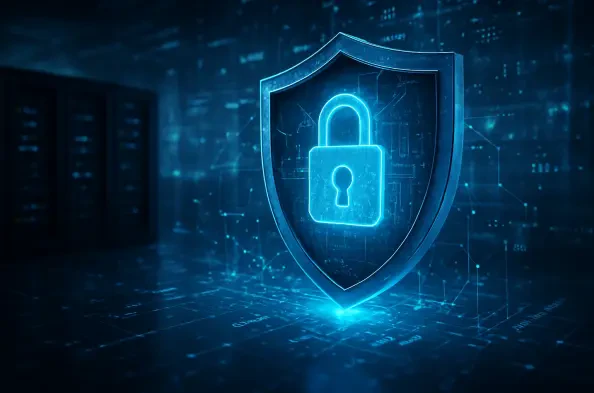Welcome to an insightful conversation on the cutting-edge intersection of quantum technology and cybersecurity. Today, we’re joined by Vernon Yai, a renowned data protection expert with a deep focus on privacy protection and data governance. With years of experience in risk management and the development of innovative techniques to safeguard sensitive information, Vernon is here to unpack the transformative role of provable randomness in securing our digital world. In this interview, we’ll explore how this concept addresses hidden vulnerabilities in cryptographic systems, why quantum processes offer unparalleled unpredictability, and how industries are adopting these advancements to fortify their defenses.
How would you describe provable randomness, and why does it hold such a critical place in cybersecurity?
Provable randomness is the idea of generating random numbers in a way that can be mathematically verified as truly unpredictable, rather than just assuming they are random. In cybersecurity, this is huge because randomness is the backbone of cryptographic systems—think encryption keys, digital signatures, or session tokens. If the randomness isn’t genuine, these systems become predictable, and attackers can exploit that. Provable randomness eliminates that risk by giving us a concrete guarantee, not just a hope, that our security foundations are solid.
What sets provable randomness apart from the traditional methods we’ve relied on for random number generation?
Traditional methods often use algorithms or physical processes that seem random but are based on unverified assumptions. They might look unpredictable on the surface, but they can have hidden patterns or flaws. Provable randomness, on the other hand, often leverages quantum processes and backs it up with mathematical proofs—like Bell tests—to confirm there’s no way to predict the output. It’s a shift from crossing our fingers to having hard evidence.
Could you dive into the specific vulnerabilities in cryptographic systems that provable randomness helps to address?
Absolutely. One of the biggest vulnerabilities is the assumption that random number generators are producing high-quality, unpredictable outputs. If they’re not, an attacker can potentially guess the keys or tokens generated, breaking the entire system. Provable randomness tackles this by ensuring the randomness isn’t just statistically good enough but mathematically impossible to predict, closing a gap that’s often been exploited in the past.
How do quantum processes provide a better source of randomness compared to classical systems?
Quantum processes are inherently unpredictable due to the fundamental laws of physics. Unlike classical systems, which are deterministic at their core and can be influenced by external factors or design flaws, quantum events—like the behavior of particles—are governed by uncertainty. This makes them a purer source of randomness, and when we validate that with rigorous tests, it’s a game-changer for generating secure random numbers.
Can you walk us through what a Bell test is and how it confirms the unpredictability of quantum-generated random numbers?
A Bell test is a fascinating experiment rooted in quantum physics that checks for correlations between particles that are physically separated. It essentially proves that the outcomes of quantum measurements aren’t predetermined or influenced by hidden variables—they’re truly random. By applying this to random number generation, we get a mathematical assurance that the numbers produced can’t be predicted, even in theory. It’s like having a cosmic guarantee of unpredictability.
Why have financial institutions been among the first to embrace provable randomness in their security practices?
Financial institutions deal with incredibly high-stakes transactions and sensitive data, so they’re always on the lookout for the strongest security possible. Provable randomness directly enhances critical operations like secure key generation and transaction signing, where any predictability could lead to massive losses or fraud. They’ve adopted it early because it offers a level of certainty that traditional methods just can’t match, protecting their assets and reputation.
How does provable randomness integrate into a broader strategy for organizations aiming to be quantum-safe?
As organizations move toward quantum-resistant algorithms to protect against future quantum computer threats, provable randomness ensures the foundation of those algorithms isn’t a weak link. If the randomness used in generating keys or other inputs is predictable, even the best quantum-resistant system falls apart. It’s a complementary piece, ensuring that every layer of a quantum-safe strategy—from algorithms to inputs—is robust and verifiable.
Looking ahead, what do you see as the future role of provable randomness in strengthening digital security?
I believe provable randomness will become a standard in digital security as more industries recognize the dangers of unverified randomness. With cyber threats growing in sophistication and quantum technologies becoming more accessible, it’ll likely be integrated into everything from cloud computing to IoT devices. It’s not just a niche solution; it’s a fundamental shift toward building trust in our systems through mathematical certainty, and I think it’ll redefine how we approach cybersecurity in the next decade.






